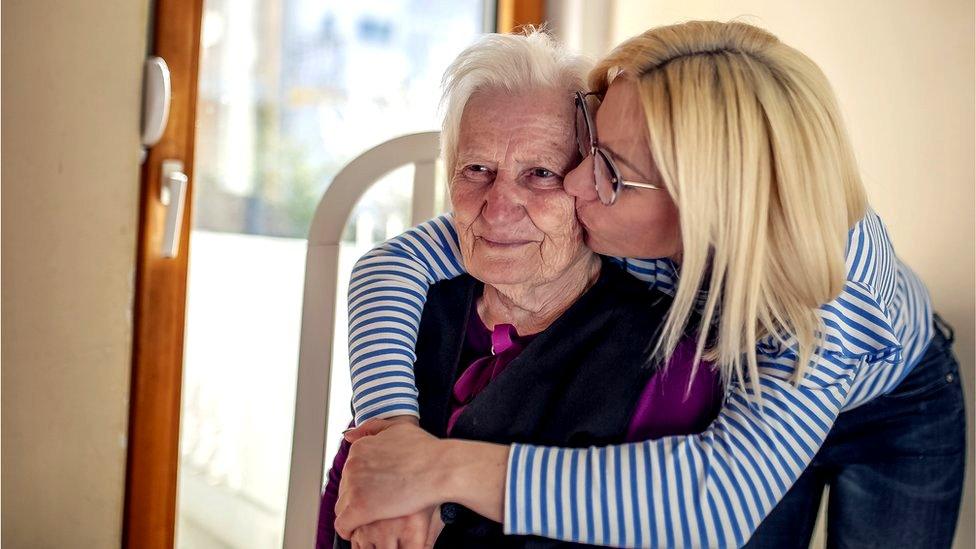Scottish Covid Inquiry: Care home residents like 'exhibits'
- Published
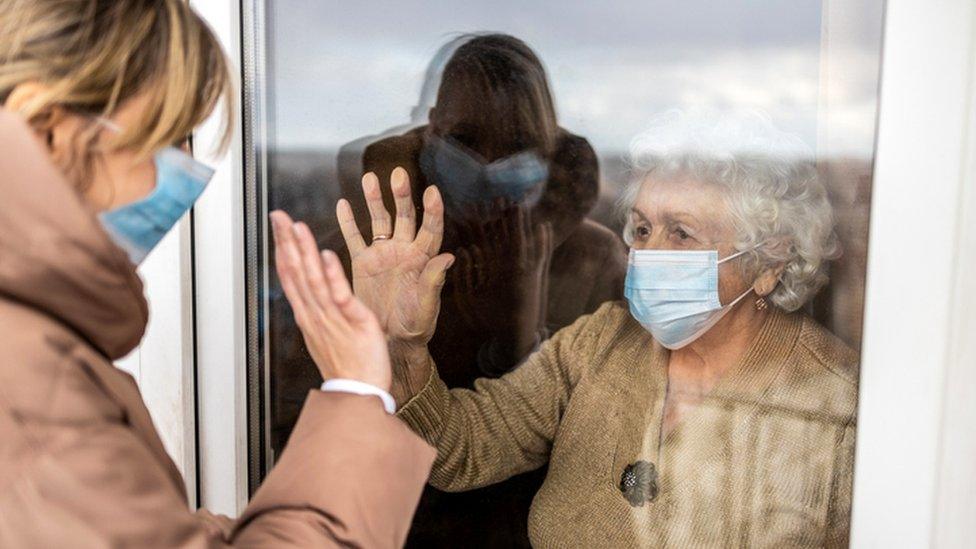
Care home residents were like "exhibits in a reptile house" because of pandemic restrictions that limited visiting, Scotland's Covid inquiry has heard.
Amber Galbraith KC, representing care home relatives, said the restrictions had an "unnecessarily disproportionate" impact on people in homes.
The first hearing of Scotland's Covid Inquiry also heard how care home operators felt abandoned by GPs.
The public inquiry is investigating Scotland's response to the pandemic.
The inquiry's approach is to look at the impact of the pandemic first, before turning to how decisions to respond to the crisis were taken, and then how Covid policies were implemented.
Ms Galbraith KC, speaking on behalf of campaign group Care Home Relatives Scotland, said many residents were left at times feeling "isolated, unheard, and discriminated against".
She added: "Relatives were not afforded the same opportunity to interact with their loved one that employed carers had.
"Why were carers considered less of a risk to health than parents or children?
"Their mental state may have been such that all they knew was being suddenly left with no visits, no touch, not even allowed to see others in the home."
She compared care home residents' experience of restrictions where they may have seen relatives only through a window to being "an exhibit".
She said: "Perhaps they would be paraded out behind glass like an exhibit at a reptile museum or a prisoner."
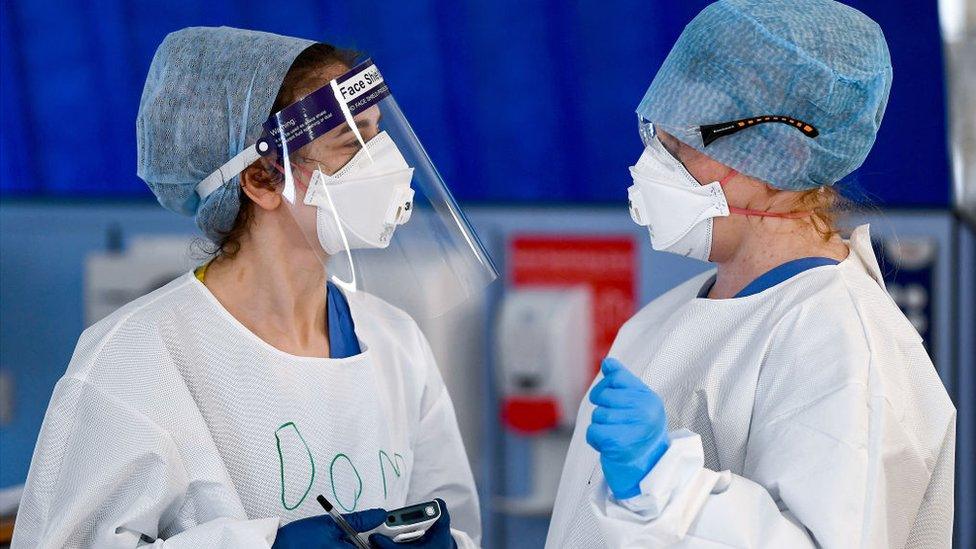
The first day of evidence sessions has heard about the impact Covid had on other parts of the NHS and social care sector.
The inquiry heard from The Royal College of Nursing Scotland which argued that it was "impossible to provide nursing care in an absolute safe manner during the pandemic" and criticised Scottish government resistance to demands for better personal protective equipment for frontline staff.
Scottish Care, the umbrella body for private care homes, said its members faced "clinical abandonment" in the early phase of the pandemic with operators struggling to access GP services for its residents.
The body said some of the infection control rules placed on care homes were more suited to hospitals because they did not take into account care homes are people's homes.
In his opening remarks, inquiry chairman Lord Brailsford offered his "sincere condolences" to those who lost loved ones to Covid.
He opened proceedings by promising that the inquiry would act "without fear or favour" and would report as soon as possible.
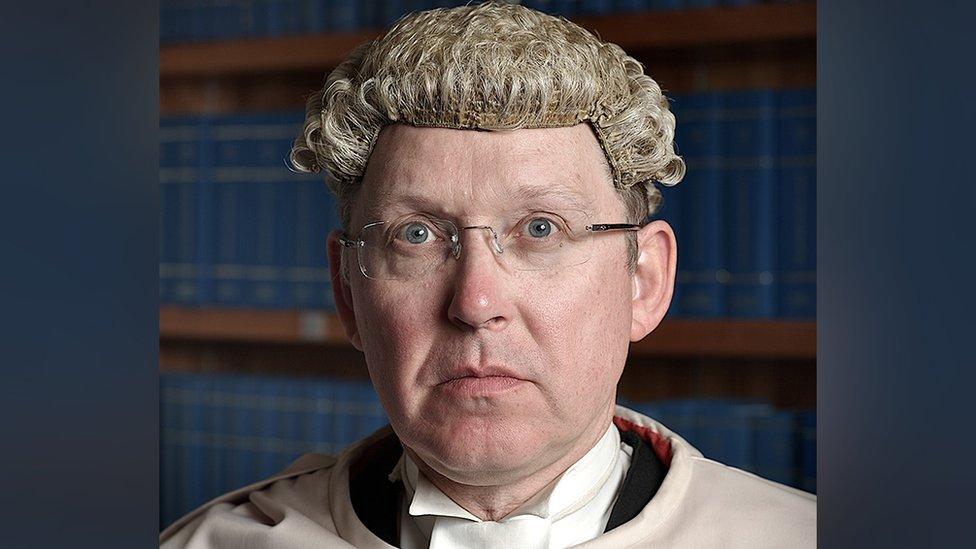
Lord Brailsford was appointed inquiry chairman in October last year
He extended his "deepest sympathies" to all affected by the pandemic, adding, "for the families of the bereaved and those still living with Covid-related conditions, the pandemic's legacy will never end."
Among those attending the first day of evidence was Alan Inglis, whose asthmatic son Calum died alone in his prison cell after testing positive for Covid.
Calum Inglis tested positive for Covid on 12 October, 2021 while serving a short sentence at the privately-run HMP Addiewell in West Lothian and died on 24 October after his health deteriorated rapidly.
Mr Inglis gave a statement outside the inquiry hearing in Edinburgh, calling for answers over the "barbaric" way his unvaccinated son was treated.
He said: "He reported being breathless and coughing up significant amounts of blood.
"In the last four days of his life he repeatedly requested medical attention via his cell intercom, to be promised by the prison officers that someone would see him.
"The Scottish Covid Inquiry must find out which protocols the prison were following at this time, protocols that would allow such barbaric behaviour to take place, and to examine the staff work culture within that prison where staff must have known how ill my son was, yet did nothing."
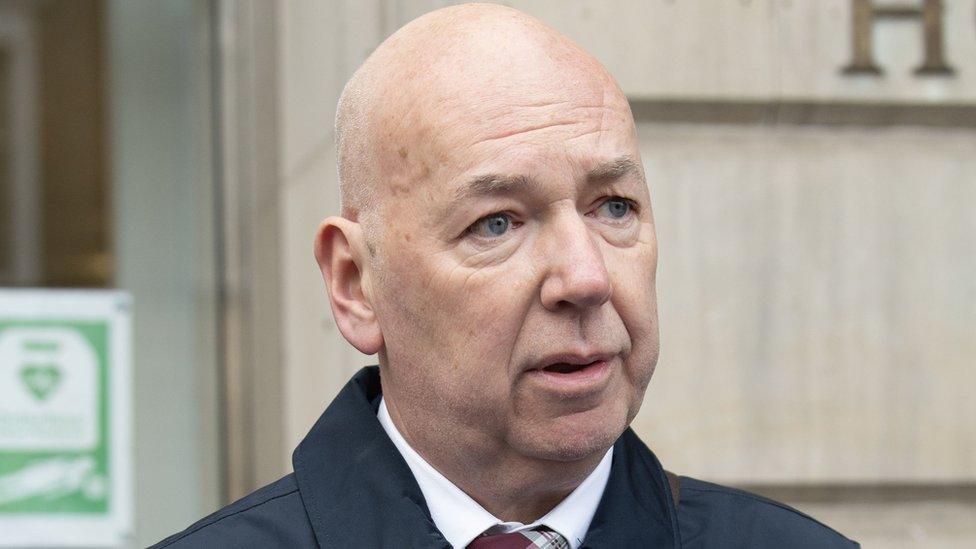
Bereaved relative Alan Inglis spoke about the death of his son Calum to Covid in 2021 ahead of the first hearing of the Scottish Covid Inquiry
HMP Addiewell is a private prison run by Sodexo Justice Services on behalf of the Scottish Prison Service.
A Scottish Prison Service spokesman said: "Our thoughts continue to be with the family and loved ones of Mr Inglis.
"The Scottish Prison Service is fully committed to working with the Scottish Covid Inquiry and supporting its important work."
'Landmark day'
Margaret Waterton, 67, who lost her mother Margaret Simpson, 86, and her husband David Waterton, 71, during the pandemic, and is a member of the Scottish Covid Bereaved group, said: "Covid has been absolutely devastating for me and my family and every man, woman and child in Scotland has felt the impact of Covid.
"This is a landmark day for Scottish Covid Bereaved, for the people of Scotland.
"We are looking now for the inquiry to deliver for us truth, justice, accountability."
Alex Mitchell, of the Scottish Vaccine Injury Group, which represents people injured or bereaved as a result of rare adverse reactions to Covid vaccines, said his hopes for the inquiry were "about getting recognition and acceptance that we still need help and support".
During his opening remarks, co-lead counsel to the inquiry, Stuart Gale KC, revealed that more than 4,000 people had so far responded to a major public consultation asking for people's experiences of the pandemic.
Geoffrey Mitchell KC, senior counsel for the Scottish government, told the inquiry the "pain, suffering and endurance" created by the pandemic was "recognised and acknowledged" by Scottish ministers.
He said: "The Scottish government understands that legitimate questions arise as to whether this suffering needed to be so great."
He added that the Scottish government would give "great respect and consideration" to learning lessons from the inquiry's work.
- Published23 May 2023
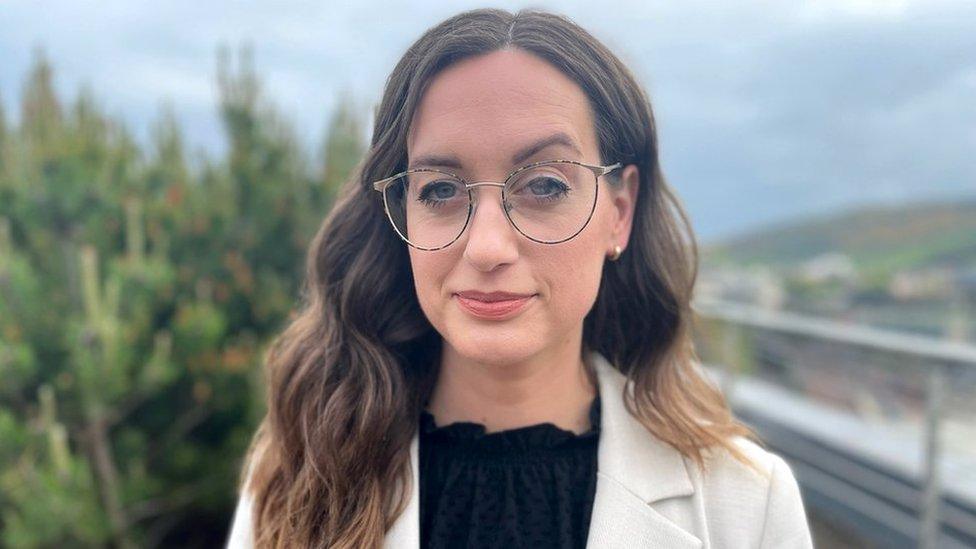
- Published24 October 2023
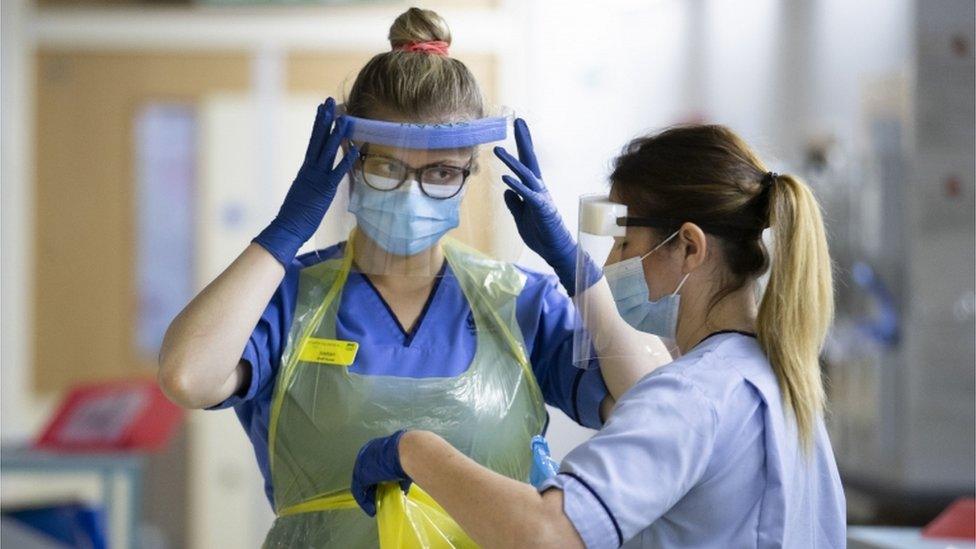
- Published31 March 2022
